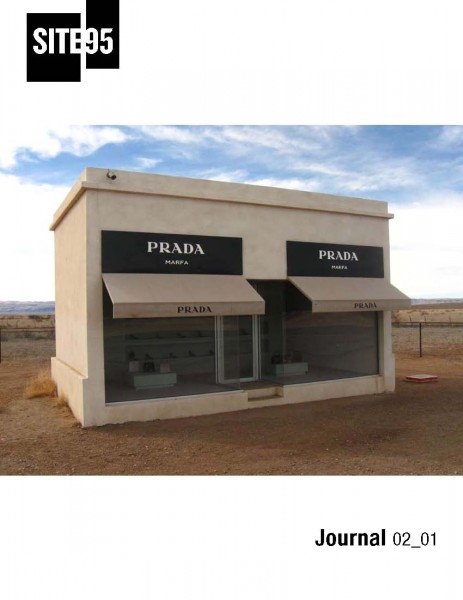Non-Participation
June 27 – August 8, 2014
The Luminary Center for the Arts
2701 Cherokee, St. Louis, MO
Non-Participation is an in-progress collection of letters written by artists and others in which they refuse to take part in cultural events for various political and ethical reasons.
The first public presentation of the ongoing project will take place at the Luminary Center for the Arts in St. Louis, from June 27 – August 8, 2014. The exhibition follows a residency at the Luminary during the last two weeks of June.
I am still actively taking submissions of letters, which may be sent tolauren@laurenvhs.com.
The call for submissions follows.
More info at laurenvhs.com
Call for Submissions
Non-Participation is an on-going collection of letters written by artists, writers, musicians, curators, and other cultural producers, in which they decline opportunities to participate in cultural events, such as exhibitions and performances, for various political and ethical reasons. These statements serve as evidence that the artist may act with agency, and is not beholden to the terms of an institution. They also pose a positive alternative to a ubiquitous pressure to perform, and state cases for the legitimacy of art-work as a real and remunerable form of labor. At the core of the project is the notion that what we say “no” to is perhaps more important than what we agree to.
Examples of such letters include: The artist collective YAMS’ withdrawal from the 2014 Whitney Biennial on grounds that the Museum perpetuates racism within the institutional art world; the withdrawal of John Baldessari, Barbara Kruger, Catherine Opie and Ed Ruscha from the board of trustees of LA MoCA in response to the leadership of Jeffrey Deitch and the exit of curator Paul Schimmel; Artist Michael Rakowitz’s refusal of an invitation to create a commissioned work for the Spertus in Chicago, after they had pre-maturely closed a show on contemporary and historic interpretations of mapping the Israel Palestine region; and a heavily annotated and criticized request received by the artist activist group Working Artists for the Greater Economy (W.A.G.E.) for their participation in a major exhibit for which no artist fees or support of any kind was offered by the organizer.
I am now collecting your letters of non-participation, which will be compiled as a publication and online archive, with additional exhibitions and events to be announced.
Please send copies of your letters via email to lauren@laurenvhs.com.
With your submission, please indicate whether or not you wish to remain anonymous. All names and contact information can be omitted or made public.
Each letter will be accompanied by a factual account of the incident and/or any other relevant information that could illuminate the situation, as you see fit.
There is currently no deadline for submissions.
Thank you in advance.
Lauren van Haaften-Schick

The Luminary Center for the Arts






